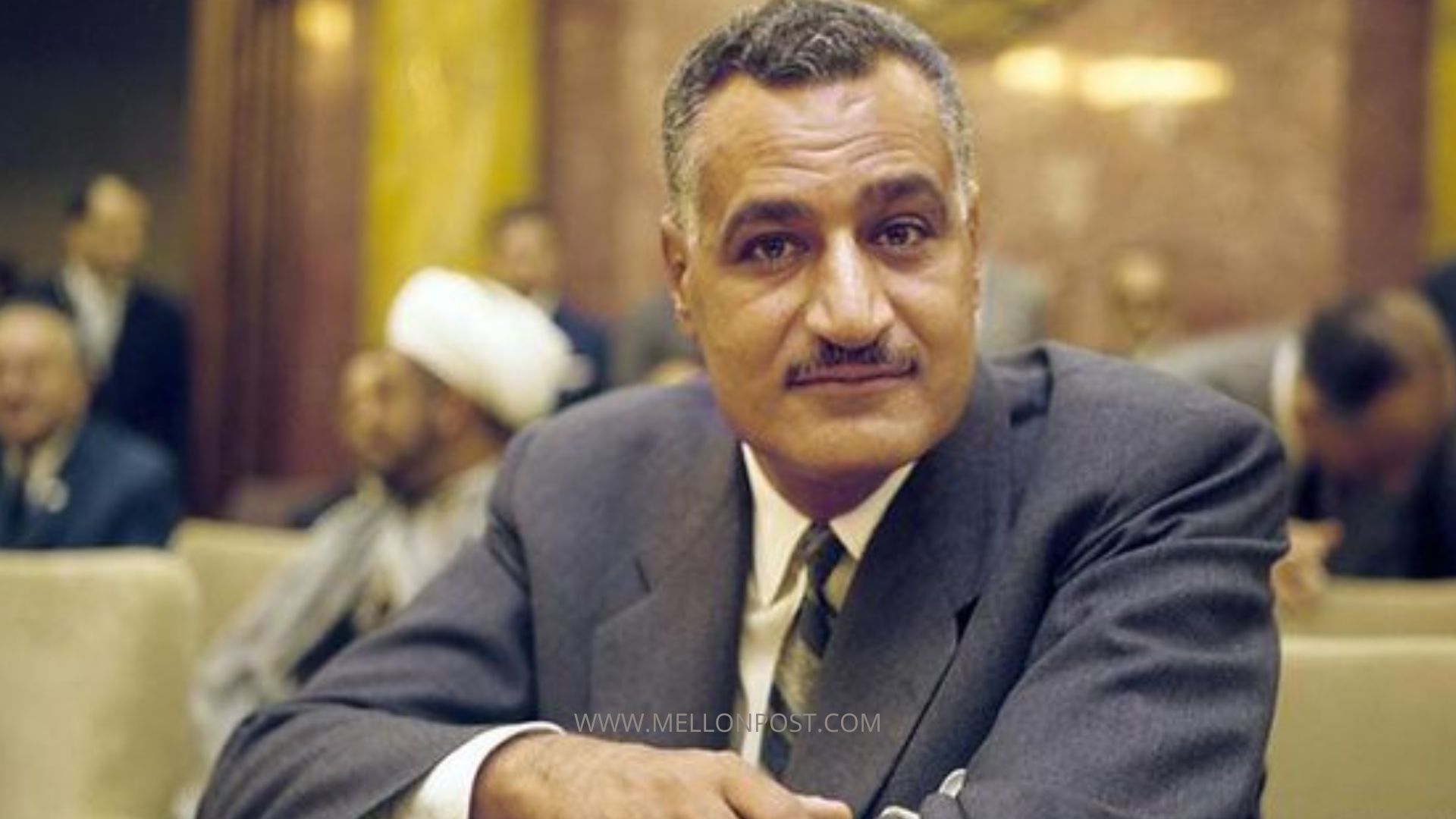
Gamal Abdel Nasser Biography
Table of Contents
Gamal Abdel Nasser (1918-1970) was a prominent Egyptian military officer and politician who served as the second President of Egypt from 1956 until his death in 1970.
He played a crucial role in the rise of Arab nationalism, the decolonization of Africa, and the establishment of Egypt as a leading power in the Arab world. Nasser’s policies and leadership significantly impacted the political landscape of the Middle East and North Africa.
Early Life and Education
Gamal Abdel Nasser was born on January 15, 1918, in Alexandria, Egypt, into a lower-middle-class family. His father, Abdel Nasser Hussein, was a postal worker, and his mother, Fawzia, was a homemaker. Nasser received a modest education, attending local schools in Alexandria before enrolling in the Royal Military Academy in Cairo in 1937, where he graduated as a second lieutenant.
Nasser’s time at the academy exposed him to the political and social issues facing Egypt under British colonial rule. Disillusioned by the monarchy’s inability to address these problems, he became involved in nationalist movements during his military training.
Political Awakening and the Free Officers Movement
After graduating, Nasser served in the Egyptian army and began to rise through the ranks. In 1942, he participated in the Free Officers Movement, a clandestine group of nationalist military officers dedicated to ending British colonial rule and establishing a republic in Egypt.
The Free Officers plotted a coup to overthrow King Farouk I, who was seen as corrupt and ineffective. Their opportunity came on July 23, 1952, when they executed a successful coup d’état, leading to the abdication of King Farouk and the establishment of a revolutionary government.
Rise to Power
Initially, Nasser was not the most prominent leader of the Free Officers Movement; that role was held by Muhammad Naguib, the movement’s official leader. However, Nasser quickly gained influence within the new government, advocating for land reforms, the nationalization of industries, and social justice.
In 1954, tensions grew between Nasser and Naguib, culminating in Naguib’s resignation. Nasser emerged as the primary leader of Egypt and consolidated his power, becoming the Prime Minister and later assuming the presidency in 1956.
Nationalization of the Suez Canal
One of Nasser’s most significant achievements was the nationalization of the Suez Canal on July 26, 1956. The canal had been controlled by British and French interests since its construction. Nasser’s decision to nationalize it was aimed at funding the Aswan High Dam project, which would provide irrigation and hydroelectric power to Egypt.
The nationalization provoked a military response from Britain, France, and Israel, leading to the Suez Crisis in October 1956. The tripartite invasion aimed to regain control of the canal and depose Nasser. However, Nasser’s resistance and the international outcry, particularly from the United States and the Soviet Union, forced the invading forces to withdraw.
The Suez Crisis solidified Nasser’s reputation as a hero of Arab nationalism and anti-colonialism. It also marked a significant turning point in Middle Eastern politics, leading to a decline in British and French influence in the region.
Arab Nationalism and Pan-Arabism
Nasser became a leading figure in the Arab nationalist movement, advocating for unity among Arab states. He promoted the idea of Pan-Arabism, aiming to unite the Arab world under a single political and economic entity. In 1958, he formed the United Arab Republic (UAR) with Syria, although this union was short-lived, dissolving in 1961.
Nasser’s leadership inspired other Arab countries to pursue similar paths of nationalism and independence from colonial powers. He supported various liberation movements in Africa and the Arab world, positioning Egypt as a champion of anti-imperialism.
Domestic Policies and Challenges
Nasser implemented extensive social and economic reforms in Egypt. He nationalized major industries, reformed land ownership, and improved access to education and healthcare. His policies aimed to address poverty and inequality, leading to significant improvements in literacy and public health.
However, Nasser’s rule also faced challenges, including political repression, limited freedoms, and growing dissent. Opposition parties and movements were suppressed, and political dissent was often met with harsh crackdowns.
Six-Day War and Decline
Nasser’s foreign policy, particularly his confrontational stance towards Israel, culminated in the Six-Day War in June 1967. Despite initial support from other Arab nations, the war resulted in a devastating defeat for Egypt and its allies, leading to the loss of the Sinai Peninsula, Gaza Strip, West Bank, and Golan Heights.
The defeat was a significant blow to Nasser’s reputation and the Arab nationalist movement. He initially resigned in the aftermath, but popular support led him to remain in power.
Later Years and Death
In the years following the Six-Day War, Nasser focused on rebuilding Egypt and addressing the disillusionment caused by the war. He sought to improve relations with other Arab states and worked towards a peaceful resolution of the Israeli-Palestinian conflict.
Nasser’s health deteriorated in the late 1960s, and he suffered a heart attack on September 28, 1970. He died shortly after, leaving behind a complex legacy as a champion of Arab nationalism and a controversial leader whose policies and actions had lasting impacts on the region.
Legacy of Gamal Abdel Nasser
Gamal Abdel Nasser is remembered as a pivotal figure in modern Egyptian and Arab history. His efforts to promote Arab nationalism and social justice continue to influence political thought in the Arab world. Nasser’s leadership style, characterized by charisma and populism, made him a beloved figure among many, but his authoritarian rule and failures also generated criticism.
Nasser’s vision of Pan-Arabism has persisted as an aspiration for unity among Arab nations, although the complexities of regional politics have made its realization elusive. His legacy remains a subject of debate, reflecting the challenges and aspirations of the Arab world in the 20th century.
Continue reading: The History of the Yugoslav Partisans